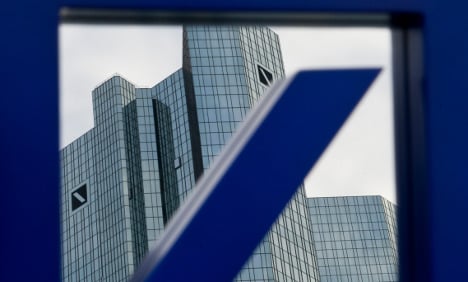At least five of the company’s employees have been asked to clear their desks, the Süddeutsche Zeitung reported on Thursday.
The bank would not comment on the specific report, but pointed to “culture change” recently announced by the new joint CEOs Jürgen Fitschen and Anshu Jain, who declared that “not everything that was legal was legitimate.”
The co-chairmen promised that the bank would no longer engage in business that damages its reputation. “We mean it seriously,” Jain said recently.
The dismissed workers reportedly cooperated with an international group that deprived the German state of several hundred million euros by trading CO2 emissions credits. A number of firms were awarded illegitimate tax rebates by capitalizing on so-called VAT “carousel frauds,” the paper said.
Deutsche Bank came under pressure over the affair after it emerged that Frankfurt’s state prosecutors suspected at least seven of the bank’s traders of being involved in the carousels for several years.
The bank’s previous CEO Josef Ackermann long denied that there was any evidence of criminal activity at the bank. But the rhetoric became more cautious earlier this year, shortly before he was replaced.
German investigations revealed that the British tax authorities had warned Deutsche Bank’s London branch at the end of 2009 that between 85 and 95 percent of CO2 emissions trading in the European Union was “riddled with criminal fraud.”
The bank reportedly continued its involvement with the schemes despite the warning, and one senior manager in London is said to have personally taken advantage of the trading.
The Local/bk




 Please whitelist us to continue reading.
Please whitelist us to continue reading.
Member comments